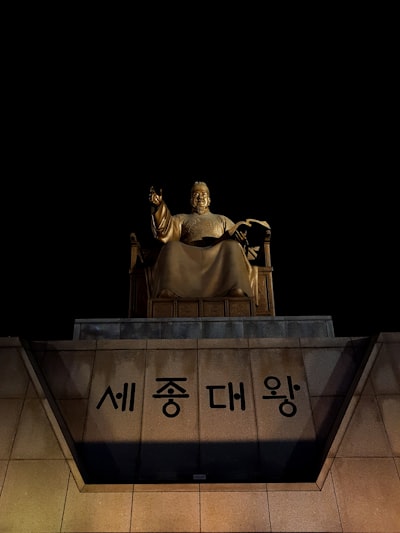Inside Korea's Special Prosecutor Investigation: What the Yoon Seok-yeol Case Means for Political Accountability and Law Enforcement
In recent months, South Korea has been rocked by the Special Prosecutor's (특검) investigation into former President Yoon Seok-yeol. With ongoing debates about political accountability, law enforcement integrity, and public trust, the case is prompting major questions among citizens, legal experts, and international observers.
What is a Special Prosecutor Investigation in Korea?
A "special prosecutor" (특별검사 or 특검) is appointed in high-profile or politically sensitive cases where impartiality or independence from regular investigative authorities is vital. They are typically used in corruption scandals, abuse of power cases, high-level misconduct, or situations where public trust in regular prosecutors is low.
Why is Former President Yoon Seok-yeol Under Investigation?
The current probe alleges that Yoon’s camp disseminated false information to obstruct an ongoing investigation—a violation of Korea's Special Prosecutor Act. There are also allegations regarding the blocking of arrest warrants and potential misuse of authority during periods of social disturbance. Such cases raise questions about presidential immunity, accountability after office, and the balance between rule of law and political motivations.
Political Implications: Is the Korean Justice System Politicized?
- Keyword trends: "Korean special prosecutor controversy,” “Yoon Seok-yeol investigation update,” “South Korea law enforcement politicization,” “presidential legal immunity Korea.”
- The investigation’s media coverage and public discourse reflect deepening national debates about the independence of law enforcement, the role of the judiciary, and concerns over politically motivated charges.
- As former presidents worldwide often face scrutiny for actions during their tenure, public trust in processes like the special prosecution can signal a nation’s commitment to rule of law—or anxieties about political vendettas.
What Happens if a Former President Is Convicted?
- Legal consequences include potential imprisonment, fines, political disqualification, or civil liability for damages.
- Historical precedents: South Korea has a well-documented history of former presidents facing criminal investigations and convictions (e.g., Park Geun-hye, Lee Myung-bak), leading to ongoing debates about how to hold leaders accountable without degenerating into political retribution.
Emerging Legal Issues: Disinformation and Obstruction of Justice
- Dissemination of false information (허위사실 유포): With the explosion of digital and social media, this topic is a growing legal challenge not just in Korea, but globally.
- Obstruction of justice: Courts and prosecutors must carefully balance protecting investigative fairness with legitimate defense rights for the accused.
- Legal observers are closely watching how courts interpret statutes on investigatory obstruction—and the precedent this sets for high-profile cases.
The Future of High-Profile Investigations in South Korea
Looking ahead, the handling of Yoon Seok-yeol’s investigation will influence:
- Public trust in legal and political institutions
- The evolution of legal standards around obstruction, disinformation, and use of special prosecutors
- Political fallout for leading parties with elections on the horizon
- Citizens’ understanding of their rights and the legal system
Frequently Asked Questions (FAQ)
Q: What is the Special Prosecutor’s role in Korea?
A: To independently investigate and prosecute major crimes involving high-profile figures, beyond the reach of regular prosecutors' offices.
Q: Are special prosecutors common in other countries?
A: Many democracies employ independent counsels or special prosecutors for cases of public interest or when conflicts of interest arise.
Q: What rights do accused former presidents have under Korean law?
A: They enjoy due process protections but do not have absolute immunity after leaving office.
For continued updates and expert analysis on Korean politics, law enforcement trends, and global comparisons, [subscribe to our newsletter] or check out our special report on legal reform worldwide.

Comments
No comments yet. Be the first to comment!